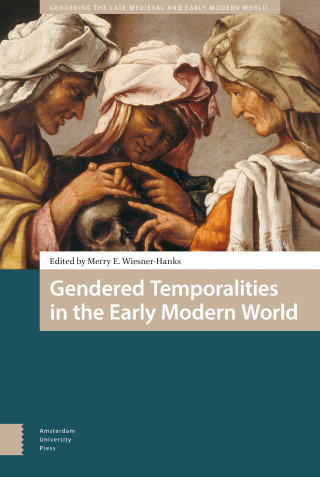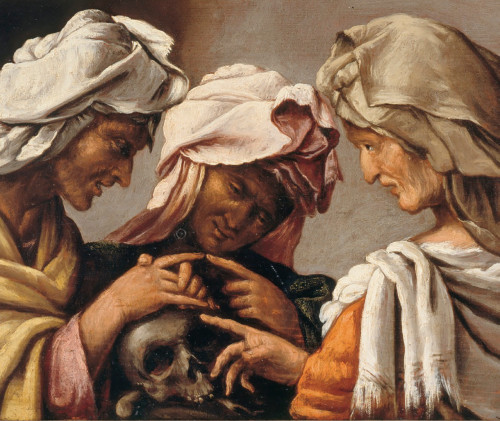
- Series editors
Victoria E. Burke, University of Ottawa, Canada
James Daybell, Plymouth University, UK
Svante Norrhem, Lund University, Sweden
Elizabeth Rhodes, Boston College, US
Merry Wiesner-Hanks, University of Wisconsin, Milwaukee, US- Geographical Scope
- British, European and Global Histories
- Chronological Scope
- 1400-1700
- Keywords
- Women, Gender, Medieval, Early Modern, Britain, Europe, World, History, Art History, Literature
- Flyer
- Download flyer
Gendering the Late Medieval and Early Modern World
This series provides a forum for studies that investigate the themes of women and gender in the late medieval and early modern world. The editors invite proposals for book-length studies of an interdisciplinary nature, including but not exclusively, from the fields of history, literature, art and architectural history, and visual and material culture. Consideration will be given to both monographs and collections of essays. Chronologically, we welcome studies that look at the period between 1400 and 1700, with a focus on Britain, Europe and Global transnational histories. We invite proposals including, but not limited to, the following broad themes: methodologies, theories and meanings of gender; gender, power and political culture; monarchs, courts and power; construction of femininity and masculinities; gift-giving, diplomacy and the politics of exchange; gender and the politics of early modern archives and architectural spaces (court, salons, household); consumption and material culture; objects and gendered power; women’s writing; gendered patronage and power; gendered activities, behaviours, rituals and fashions.

Performing Girls and Women

Gender and Family Networks in Early Modern Italy
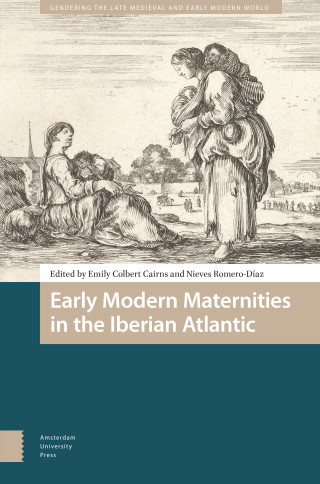
Early Modern Maternities in the Iberian Atlantic
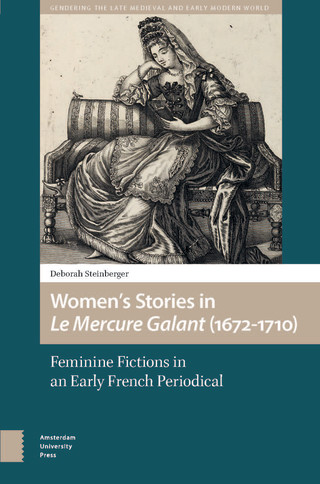
Women’s Stories in Le Mercure Galant (1672-1710)
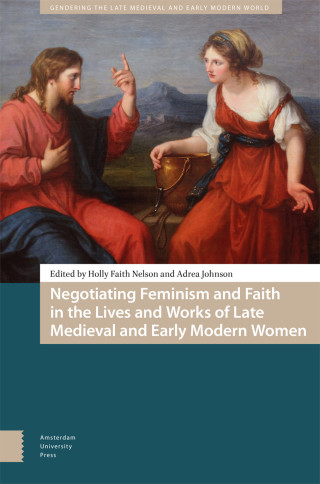
Negotiating Feminism and Faith in the Lives and Works of Late Medieval and Early Modern Women
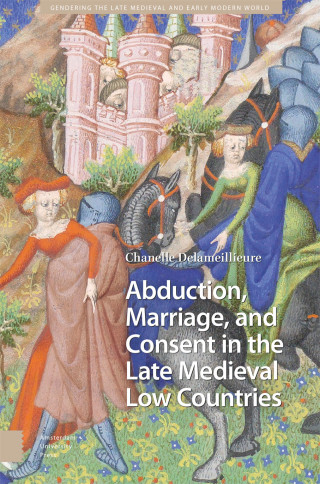
Abduction, Marriage, and Consent in the Late Medieval Low Countries
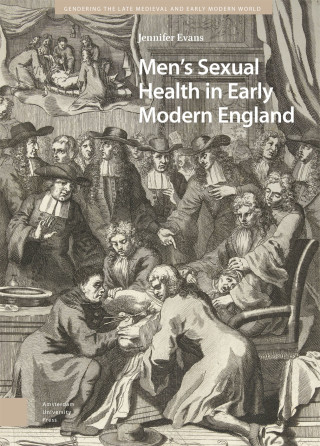
Men's Sexual Health in Early Modern England
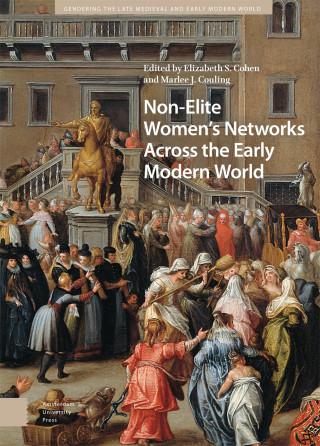
Non-Elite Women's Networks Across the Early Modern World
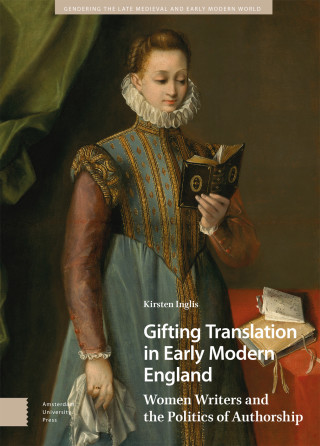
Gifting Translation in Early Modern England
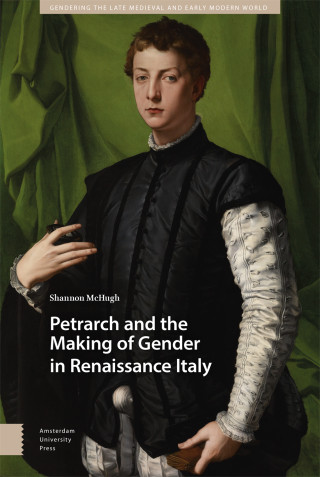
Petrarch and the Making of Gender in Renaissance Italy
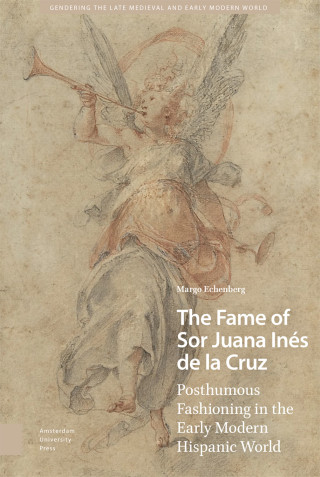
The Fame of Sor Juana Inés de la Cruz
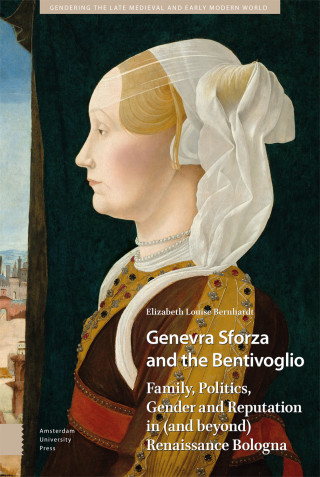
Genevra Sforza and the Bentivoglio
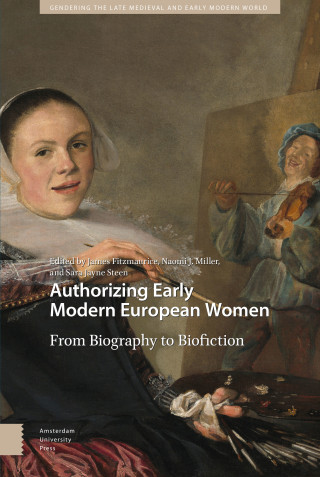
Authorizing Early Modern European Women
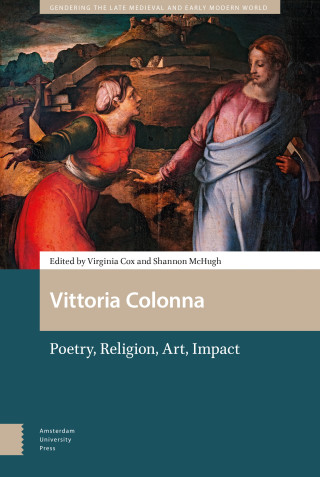
Vittoria Colonna
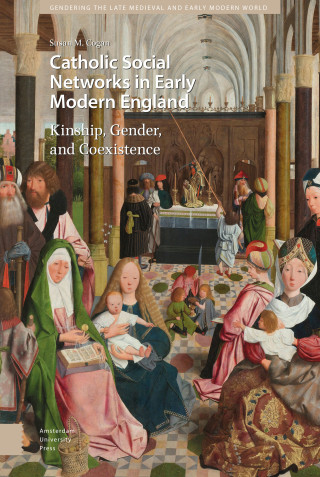
Catholic Social Networks in Early Modern England
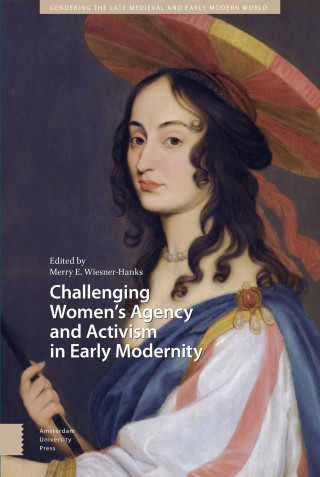
Challenging Women's Agency and Activism in Early Modernity
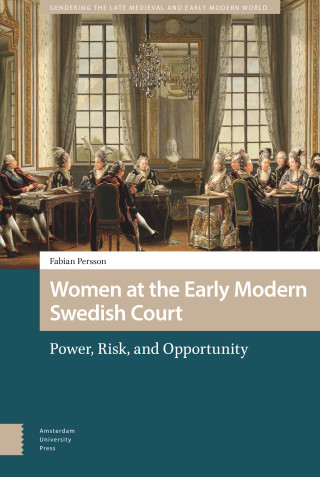
Women at the Early Modern Swedish Court
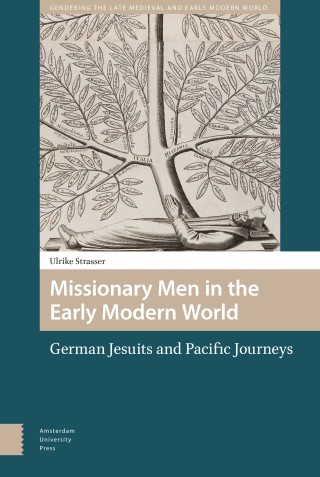
Missionary Men in the Early Modern World
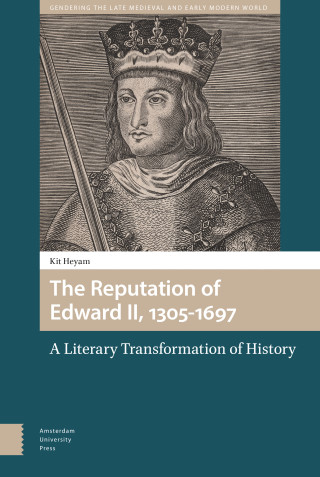
The Reputation of Edward II, 1305-1697
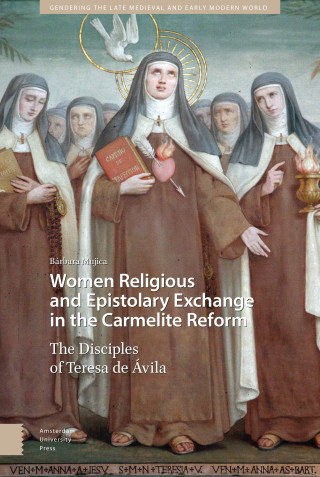
Women Religious and Epistolary Exchange in the Carmelite Reform
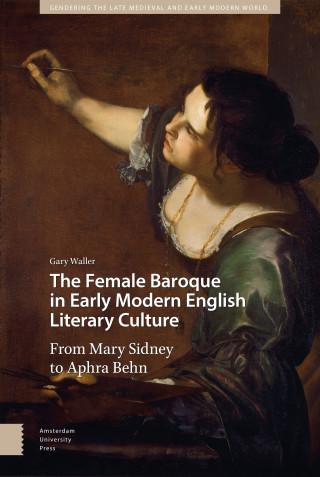
The Female Baroque in Early Modern English Literary Culture
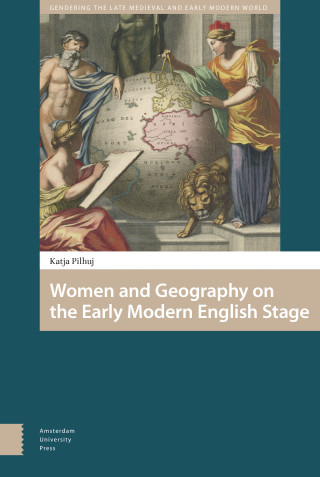
Women and Geography on the Early Modern English Stage
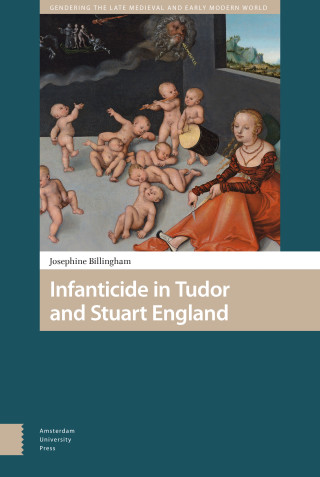
Infanticide in Tudor and Stuart England
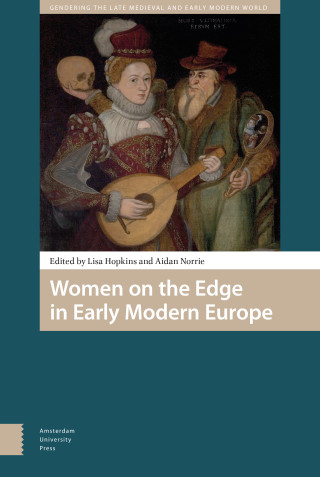
Women on the Edge in Early Modern Europe
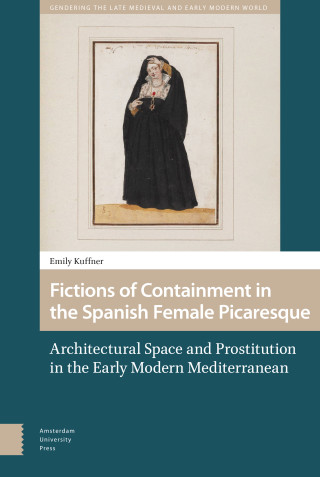
Fictions of Containment in the Spanish Female Picaresque
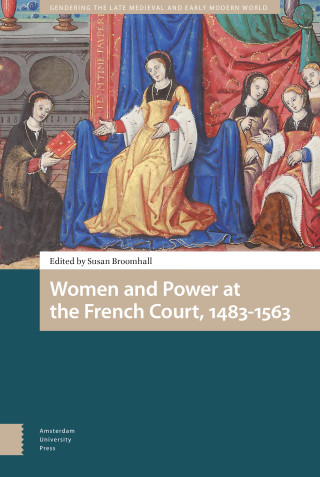
Women and Power at the French Court, 1483-1563
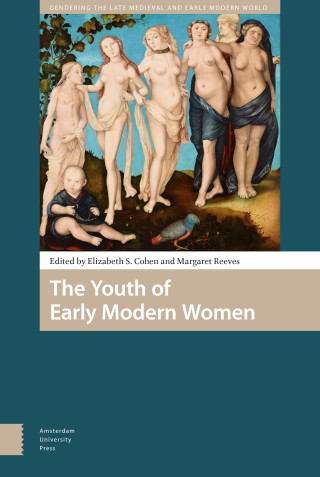
The Youth of Early Modern Women
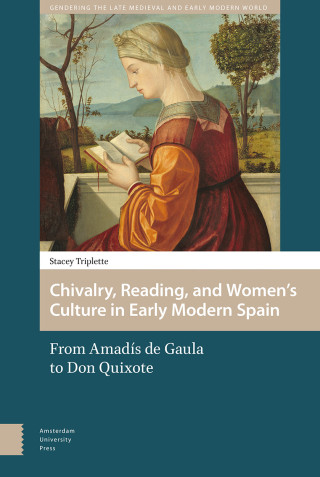
Chivalry, Reading, and Women's Culture in Early Modern Spain
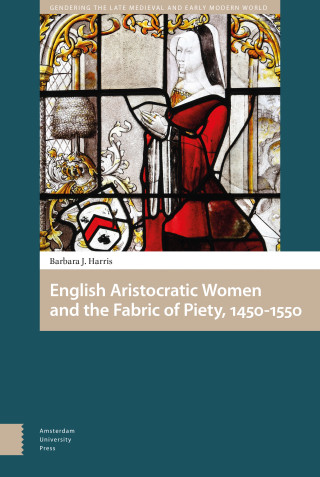
English Aristocratic Women and the Fabric of Piety, 1450-1550
